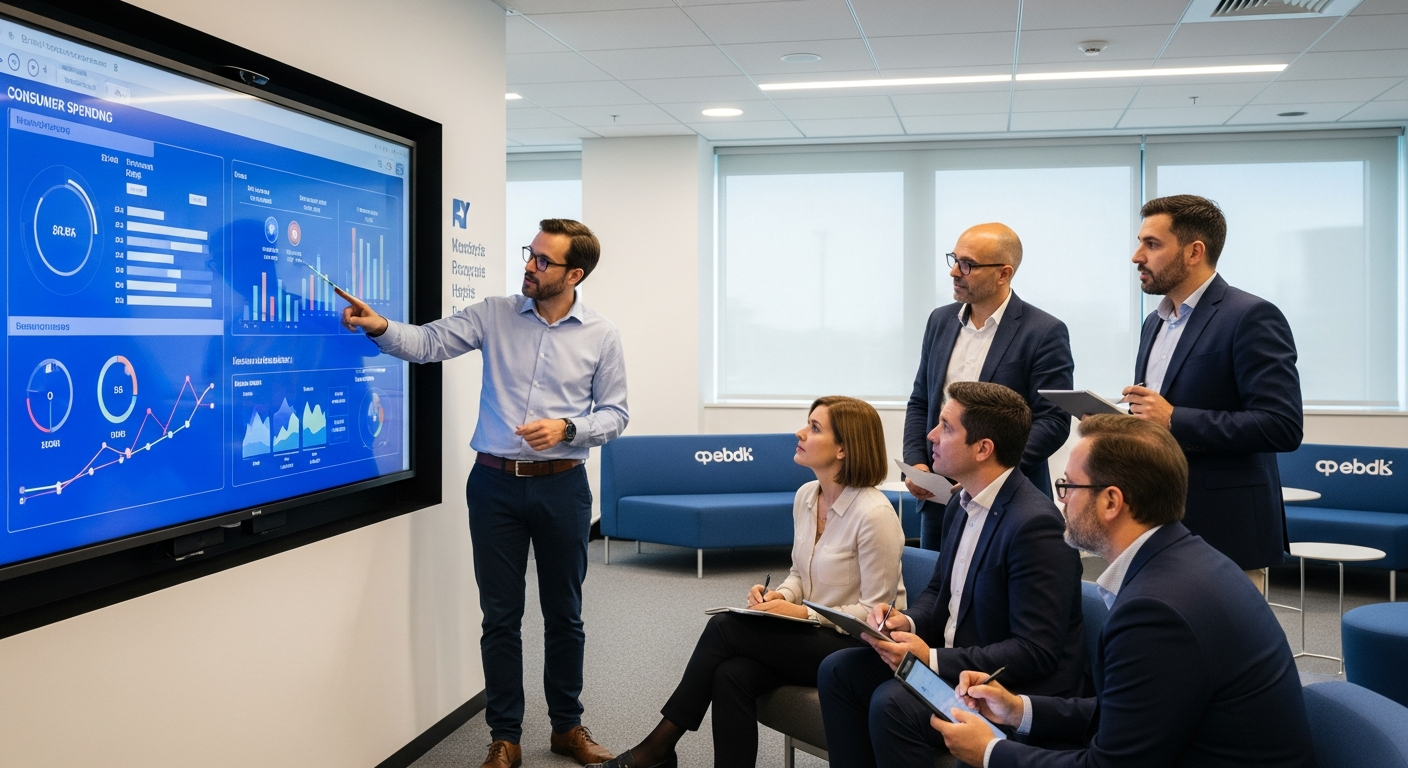Mindful Career Transitions: Navigating Change with Purpose and Resilience
In today's fast-paced professional world, career transitions have become increasingly common. Whether prompted by personal growth, industry shifts, or unexpected circumstances, these changes can be both exhilarating and challenging. This article delves into the art of mindful career transitions, exploring strategies to navigate change with purpose, resilience, and a clear sense of direction.

The Psychology of Career Change
Career transitions often trigger a complex mix of emotions, from excitement and anticipation to fear and uncertainty. Understanding the psychological aspects of change is crucial for a successful transition. Research in cognitive psychology suggests that our brains are naturally wired to resist change, perceiving it as a potential threat. This resistance can manifest as self-doubt, procrastination, or even physical stress symptoms.
However, by adopting a growth mindset and reframing change as an opportunity for learning and development, individuals can overcome these psychological barriers. Mindfulness techniques, such as meditation and self-reflection, can help manage stress and anxiety associated with career transitions, allowing for clearer decision-making and improved emotional resilience.
Assessing Your Career Landscape
Before embarking on a career transition, it’s essential to conduct a thorough assessment of your current professional landscape. This involves evaluating your skills, interests, values, and long-term aspirations. Career assessment tools, such as the Myers-Briggs Type Indicator or the Strong Interest Inventory, can provide valuable insights into potential career paths that align with your personality and strengths.
Additionally, conducting informational interviews with professionals in fields of interest can offer real-world perspectives on various career options. This research phase is crucial for making informed decisions and avoiding impulsive career moves that may not align with your long-term goals.
Crafting a Mindful Transition Strategy
A successful career transition requires a well-thought-out strategy. Start by setting clear, achievable goals for your transition, breaking them down into manageable steps. Create a timeline for your transition, allowing for flexibility as you navigate the process. Consider factors such as financial planning, skill development, and networking opportunities.
Mindfulness plays a key role in this strategy by helping you stay present and focused on your goals, rather than becoming overwhelmed by the entire process. Regular check-ins with yourself can help you assess your progress and make necessary adjustments to your plan.
Building a Support Network
Career transitions can be challenging to navigate alone. Building a strong support network is crucial for both emotional support and professional guidance. This network can include mentors, career coaches, peers in your desired field, and supportive friends and family members.
Professional associations and networking groups specific to your target industry can provide valuable connections and insights. Online platforms like LinkedIn offer opportunities to engage with professionals and stay informed about industry trends. Remember, effective networking is about building genuine relationships rather than just collecting contacts.
Developing New Skills and Competencies
Most career transitions require acquiring new skills or enhancing existing ones. Identify the key competencies needed in your target role or industry and develop a plan to acquire them. This might involve formal education, online courses, certifications, or hands-on experience through internships or volunteer work.
Embrace a lifelong learning mindset, recognizing that skill development is an ongoing process. Stay informed about emerging trends and technologies in your field to remain competitive. Mindfulness can enhance your learning process by improving focus, retention, and creativity.
Navigating the Job Search Process
As you begin your job search, approach it with intentionality and mindfulness. Tailor your resume and cover letter to highlight transferable skills and experiences relevant to your new career path. Prepare for interviews by researching companies thoroughly and practicing your responses to common questions.
During interviews, stay present and engaged, demonstrating genuine interest in the role and organization. Use mindfulness techniques to manage interview anxiety and project confidence. Remember, the job search process is also an opportunity for you to evaluate potential employers and ensure they align with your values and career goals.
Embracing the Transition Period
The period between leaving your current role and starting a new one can be both exciting and challenging. Use this time productively to prepare for your new career. This might involve additional skill development, networking, or personal projects that demonstrate your capabilities in your new field.
Practice self-care during this transition period. Maintain a routine, engage in physical exercise, and continue with mindfulness practices to manage stress and maintain a positive outlook. Remember that setbacks are a normal part of any transition process; view them as learning opportunities rather than failures.
Integrating into a New Role
Once you’ve secured a position in your new field, approach the integration process mindfully. Set realistic expectations for yourself and be patient as you learn the ropes of your new role. Seek feedback regularly and be open to constructive criticism.
Build relationships with your new colleagues and seek out mentorship opportunities within your organization. Continue to reflect on your career goals and assess how your new role aligns with your long-term aspirations.
Conclusion
Mindful career transitions offer a powerful approach to navigating professional change with purpose and resilience. By combining self-awareness, strategic planning, and ongoing personal development, individuals can make informed decisions that lead to fulfilling and successful career paths. Remember, a career transition is not just about changing jobs; it’s an opportunity for personal growth and aligning your professional life with your values and aspirations.






